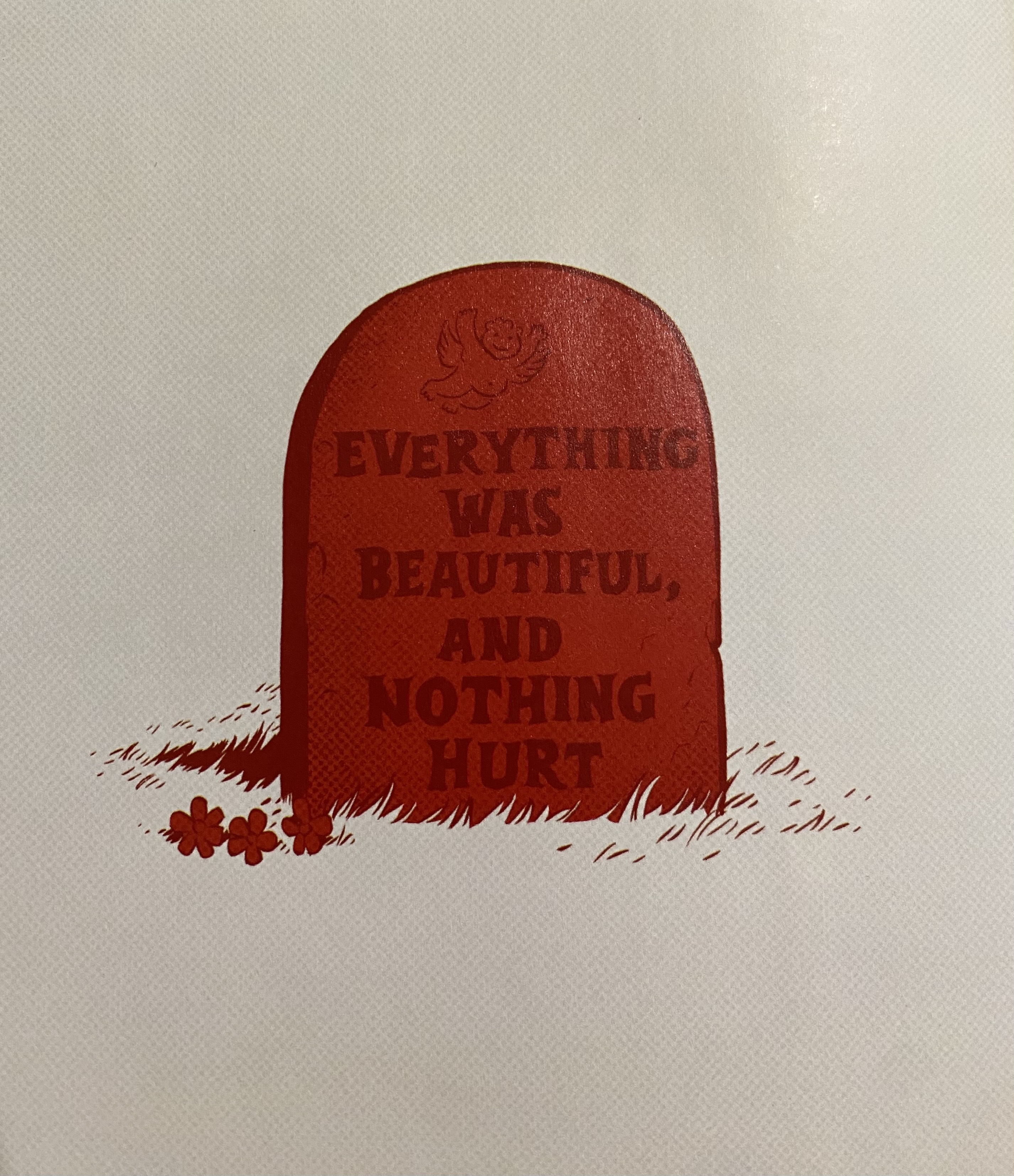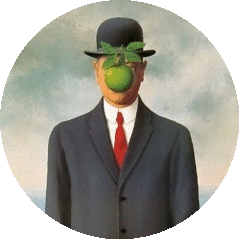War
Close friends know that I am a big fan of war history. My father, after retirement in his late 50s, became a historian and published author of several books about WWII and freedom struggles around the world. Growing up, I remember our home packed to the gills with books on the subject. Dad would spend his Sunday mornings (he worked 6 days a week at the bank) browsing the hundreds of little second-hand bookstores that dotted Bangalore in its glory days. He’d bring home as many WWII books he could, and we would spend our Sunday afternoons reading through them. Not that I understood the text much; but pictures of war always tell you the story well enough. Come to think of it, a lot of my early reading habits were just a way to try to be closer to my father - what 12-year old understands Stephen Covey’s Seven Habits, Hawking’ A Brief History of Time, or Alfred Sloan’s My Years with General Motors?
In any case; the habit stuck. And in my readings during my 20s and 30s, I kept returning to the theme of war and its impact on people. The entire Hardcore History series by Dan Carlin, especially the WWI and the Genghis Khan episodes, are a particular favorite. Karl Marlantes’ philosophical masterpiece What it is Like to Go to War is something I wish every business leader, politician, and teenager would read. Even the depictions of large-scale war in The Hunger Games (not the bread-and-circuses parts) left an impression. For instance, there’s a scene early in the first book where 11-year old Katniss is returning from the Seam marketplace having failed to sell her sister’s threadbare baby clothes in exchange for food. She and her family haven’t eaten in 3 days, it’s raining and freezing cold, and she finds all the garbage bins empty of scraps. She just collapses under a tree from the despair and exhaustion. The sheer desperation of that scene still haunts me.
But the greatest book that always hits home for me is Kurt Vonnegut’s classic Slaugherhouse-Five. At once dark, horrific, funny, imaginative and hopeful, it’s one of those pieces of art that leaves you all churned up inside.
“Well, here we are, Mr. Pilgrim, trapped in the amber of this moment. There is no why”.
“I think you guys are going to have to come up with a lot of wonderful new lies, or people just aren’t going to want to go on living.”
“Americans, like human beings everywhere, believe many things that are obviously untrue. The most destructive untruth is that it is very easy for any American to make money. They will never acknowledge how hard money is to come by. Therefore, those who have no money blame and blame and blame themselves. This inward blame has been a treasure for the rich and powerful, who have had to do less for their poor, publicly and privately, than any other ruling class since Napoleonic times. This unprecedented mass of undignified poor, who do not love one another because they do not love themselves, is the most startling thing America has produced.”
“Oh, boy - they sure picked the wrong guy to lynch that time! And that thought had a brother: ‘There are right people to lynch.’ Who? People not well connected.”
“So it goes.”
Lately I’ve been trying to pass on the reading habit to my sons, and graphic novels are a wonderful way to get them to engage early with complex topics and ideas. They already love the Dragonet series, the Harry Potter books, Spy Games, etc. And it’s not just for them. Our local library, luckily, has a fantastic collection of graphic novels for all ages, so I picked up the graphic novel adaptation of Slaughterhouse-Five. It’s wonderfully done, and some scenes from the book, when redone in graphic art, just hit home differently. For instance:

If you’re into studying war, philosophy, or human nature in general, I highly recommend perusing some of these books and podcasts. They will change your outlook on life.
